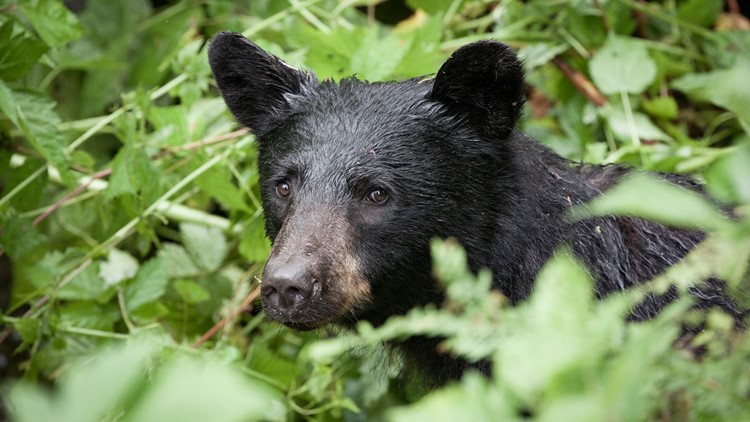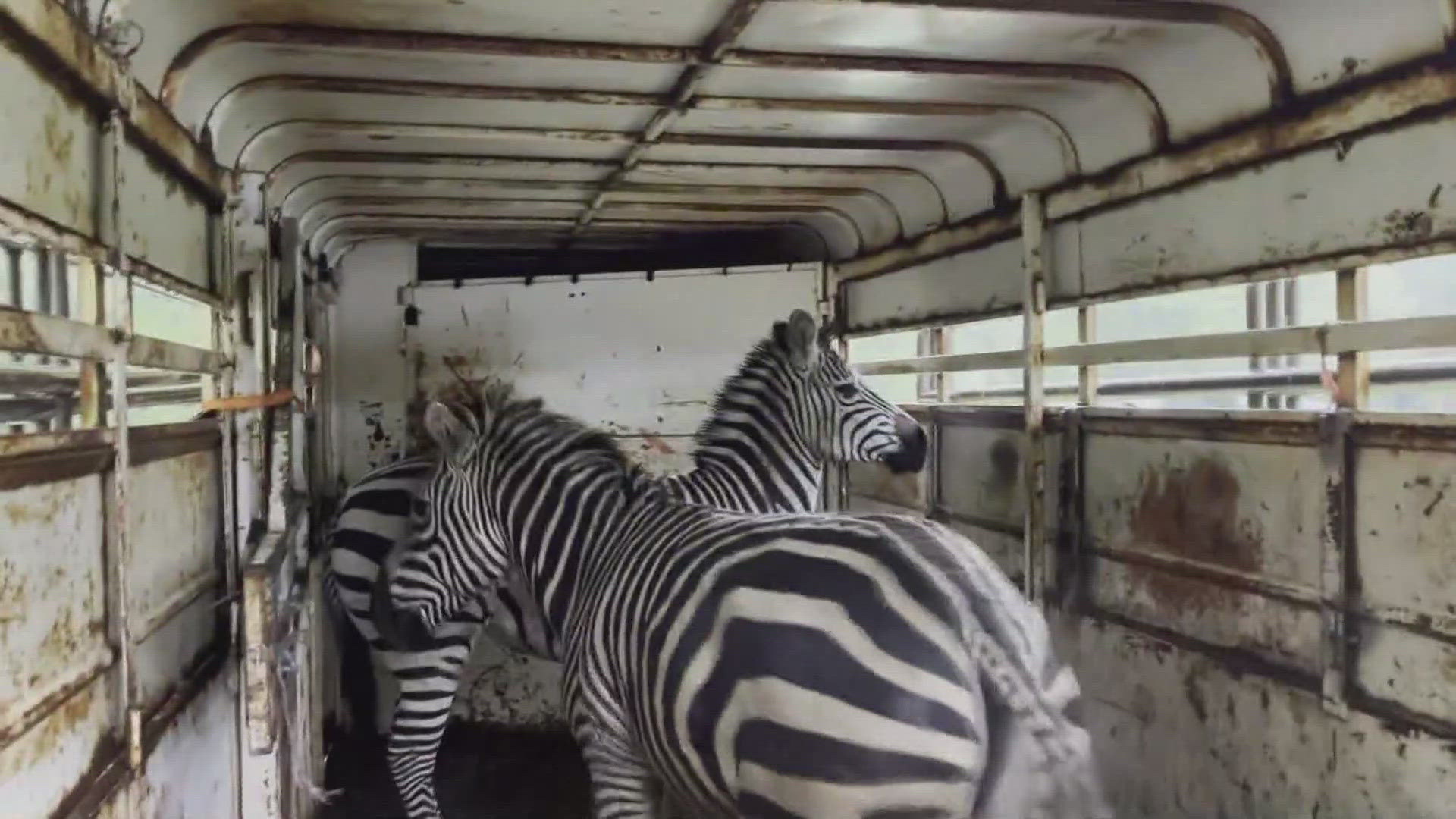Spring is an exciting time to see wildlife in the Pacific Northwest, but you don’t always have to travel very far to have encounters with wild animals.
As bears wake up from hibernation they join other hungry animals in search of an easy meal. Sometimes that search for food will bring wildlife into your neighborhood, and create potential unwanted encounters with wild animals.
"Natural foods are scarce this time of year, so bears often start looking for the easiest source of high-protein food, which includes bird feeders, pet food, and garbage,” said Rich Beausoleil, bear and cougar specialist for the Washington Department of Fish and Wildlife (WDFW).
Bears are naturally cautious of humans but can overcome their fear when they associate people with food sources.
"The trick is to not make a human source of food easier for a bear to get than what nature provides – especially food that is high in fat and calories,” Beausoleil said.
The WDFW shared the following tips to help avoid attracting bears to your home:
- Never intentionally feed bears or other wild animals.
- Always keep garbage cans in a garage or sturdy building until collection day.
- Take down seed and hummingbird feeders until winter.
- Remove pet food from wildlife accessible areas, and feed pets inside.
- Thoroughly clean barbecue grills after each use, and store them in a secure building.
- Clean up fallen fruit or other possible attractants around your home.
- Cage and electric fence your domestic fowl and livestock pens.
To avoid encounters with bears while hiking or camping:
- Thoroughly clean all spilled food; yourself and your children after eating (hands, face, and clothing); all cooking utensils.
- Seal uneaten food in airtight containers that are stored in bear-proof canisters or food lockers at least 100 yards away from camping areas.
- Avoid storing food in your car. When necessary, ensure that you cover these items or leave them out of sight in your vehicle or securely locked in the trunk.
- Hike in small groups and make your presence known by singing or talking.
"By following these recommendations, you can prevent virtually all negative interactions with black bears and other wildlife before they occur," said Cole Caldwell, statewide human-wildlife conflict specialist.
Two Washington state laws prohibit people from leaving food or any food waste where it can attract bears or other animals. You can be fined $87 for feeding bears intentionally, or intentionally, in Washington. However, the fine for intentionally feed bears can be as high as $1,000.



